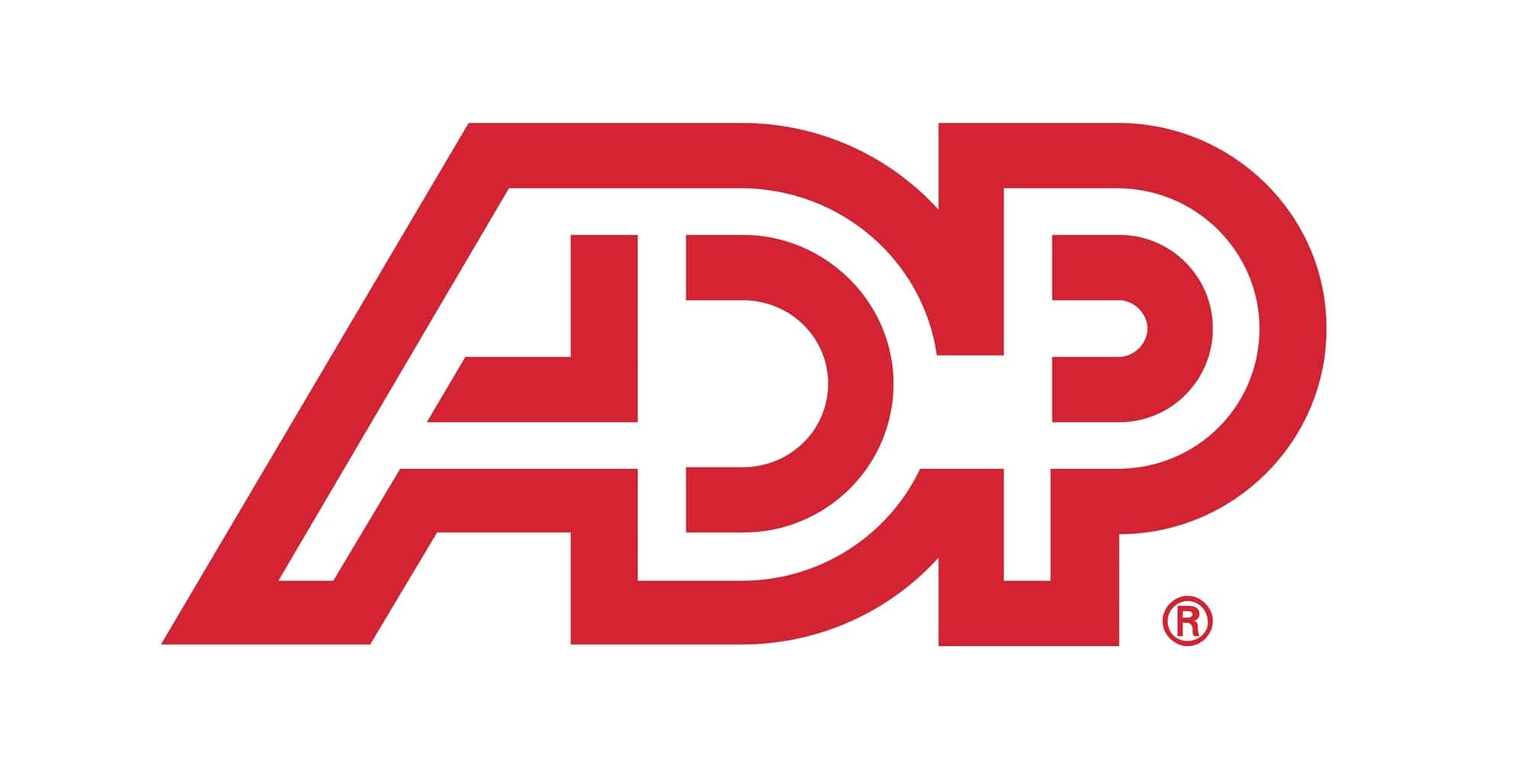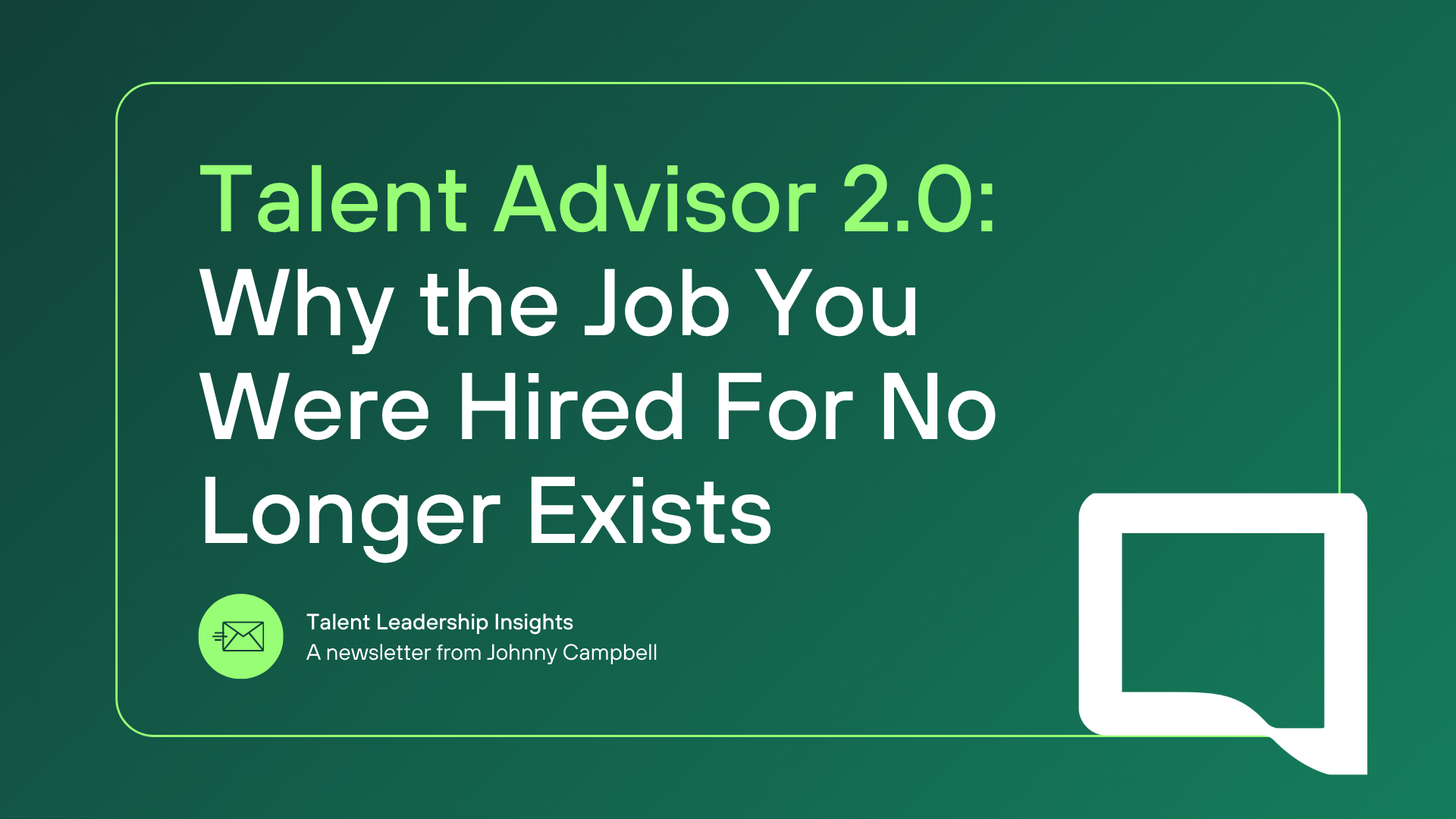As AI, transparency, and employee voice redefine how trust is built, HR and Talent leaders must take an active role in curating reputation, managing brand risk, and co-creating the human story that drives value.
What This Blog Answers:
- How has reputation moved beyond the control of Marketing and PR?
- Why are HR and Talent leaders now central to curating and protecting corporate reputation?
- What role does the Employee Value Proposition (EVP) play in risk management and trust?
- How can CHROs, TA, and Communications leaders align to co-create the culture narrative?
- What actions can organizations take now to embed reputation and trust into culture strategy?
Reputation no longer lives in PR or marketing campaigns. In an age where AI, transparency, and employee voice define how trust is built, HR and Talent leaders must take an active role in curating the culture narrative, mitigating brand risk, and shaping reputation from the inside out. This article explores how Employer Brand, EVP, and leadership behavior are redefining business trust and value.
Reputation at the Core: A Conversation with People Leaders
Over the past few months, I’ve been sitting in conversations with CHROs, Heads of Talent, and Communications leaders around the world.
And one question keeps surfacing:
“As AI begins shaping more of how we work and connect – what’s the most impactful part of my role in the year ahead?”
It’s a thoughtful question. And my answer keeps coming back to this:
Your most powerful influence now lies in shaping how your organization is experienced and perceived by your people, by your candidates, and by the world watching.
Because in this moment, reputation has moved beyond the walls of Marketing and PR.
It’s no longer managed by messaging; it’s earned through how your people experience your culture and how they choose to share it.
That’s the shift we’re seeing everywhere – reputation is no longer what you say about the company; it’s what your employees and customers prove about it every day.
And in a world where every story, review, and conversation feeds an AI summary or search result, that proof travels faster and further than any campaign ever could.
The Shift: From Managing People to Shaping Perception
Reputation no longer lives in press releases or polished employer branding campaigns — it lives in conversations, data, and the places people go to find the truth about your company.
When someone searches your name, they don’t just see your website or your job postings.
They see Reddit threads, Glassdoor reviews, YouTube videos, employee posts, and discussion forums — all feeding into AI summaries that now define who you are as both an employer and a brand.
These are the new stakeholder channels of influence. And the signals your employees send there — what they say, how they feel, how they’re treated — now shape the very perception of your company.
Marketing can’t manage that alone anymore. Reputation has become a shared enterprise; one built through authenticity, alignment, and leadership credibility.
What This Means for People and Culture Leaders
This shift places HR and Talent leaders squarely at the center of brand reputation.
You are closest to the experiences that create the signals AI and humans alike use to form opinions — how people are treated, how inclusion is lived, how values show up in action.
Every review, every Glassdoor comment, every employee story is data, and that data now is your reputation.
When employees are engaged, proud, and aligned to purpose, they create credibility at scale.
When they’re not, that disconnect becomes visible everywhere : in candidate sentiment, customer trust, and even in how algorithms summarize your company’s story.
Building Reputation from the Inside Out
Here’s where your Employee Value Proposition (EVP) becomes far more than a talent attraction tool — it becomes the core of your reputation strategy.
When your EVP is embedded in your vision, values, leadership behaviors, and culture rituals, it acts as a living narrative: a two-way promise between your organization and your people.
That reciprocity is what fuels reputation momentum.
When employees see the company delivering on what it stands for , and feel empowered to share that experience , they become your most trusted advocates.
But when EVP sits on the surface – as a recruitment campaign or a tagline, the story fractures.
Employees sense the gap. Candidates pick it up. And now, AI amplifies that disconnect for the world to see.
This is the time to re-anchor EVP within your culture:
- Listen continuously and share what you’ve heard.
- Align your people strategy with brand purpose.
- Equip employees to co-author and share authentic stories of belonging, leadership, and impact.
When EVP is lived, not marketed, reputation builds itself, from the inside out.
The Opportunity Ahead
The opportunity ahead isn’t about launching another employer brand campaign — it’s about using Employer Brand as a true leadership function.
At its most powerful, the culture story isn’t a polished corporate message about who the company is or how its people should behave. It’s the connective tissue between the organization and its people — a reciprocal story about belonging, contribution, and shared purpose.
When you embed the Employee Value Proposition (EVP) into the culture narrative, it transforms from a recruitment asset into a framework for how reputation is built and sustained.
For years, Talent Acquisition has been the passionate champion of this work — building the foundation of Employer Brand, telling stories of opportunity, and connecting purpose to performance. That work has been essential, and it has laid the groundwork for what comes next.
Now, it’s time to expand its influence.
This next chapter of Employer Brand means ensuring it no longer lives only within TA — not because it hasn’t been valuable there, but because it has become too valuable to stay contained there.
TA leaders have built the proof: the power of authentic storytelling, the business impact of candidate experience, the importance of employee advocacy. But for EVP to fully deliver on its potential, it must now be strategically embraced by CHROs, the CEO, and the entire leadership team.
When EVP is treated as a system of cultural governance and leadership accountability, rather than a creative campaign, it shapes every facet of organizational trust — from talent attraction to customer confidence and brand reputation.
Marketing must also see its worth beyond job ads and awareness metrics, but as a rich source of insight into consumer behavior, organizational credibility, and the lived promise of the brand.
Employer Brand and EVP can no longer be defined as a recruitment marketing function.
And as HR leaders, it is incumbent upon you to be engaged in the transformation this work must take internally — from how it’s governed, to how it’s reported, to how it becomes an integrated system of listening, alignment, and accountability across divisions.
Employer Brand must now operate as an organizational system – one that connects HR, Communications, and Marketing in co-creating the culture narrative and meaning of the company.
That means treating corporate communications as an act of co-creation, not control. By listening to employees not just through internal surveys, but in the external spaces where they are already shaping your reputation. It means aligning across divisions on how people, purpose, and leadership show up publicly, and taking a seat beside the CEO to help them shape not only the company’s reputation, but their own as leaders.
Your most important role in the year ahead will be leading the human story of your organization.
Because your organization’s shareholder value, market share growth, and customer trust are no longer shaped only by advertising or investor briefings . They are being defined, in real time, by what people believe when they ask about your company on ChatGPT, Google, Reddit, or Glassdoor.
And that story – the story that AI learns, that customers see, and that talent believes, starts with HR and with Talent.
About Blu Ivy Group
Blu Ivy Group is a globally recognized employer brand and culture consultancy, helping organizations across Canada, the United States, and worldwide define, activate, and embed their culture narrative, leadership reputation, and employer trust strategy.
For over a decade, Blu Ivy has partnered with leading organizations, boards, and private equity firms to connect people, purpose, and performance – aligning culture, leadership behavior, employer brand and reputation to drive measurable business value.
Our expertise spans employer brand strategy, culture narrative development, reputation leadership, employee value proposition (EVP) development and board level performance benchmarking .We help organizations listen deeply, communicate authentically, and lead confidently in a world where culture and reputation have become the true drivers of business growth.
To learn more or connect with our advisory team, visit www.bluivygroup.com.




















